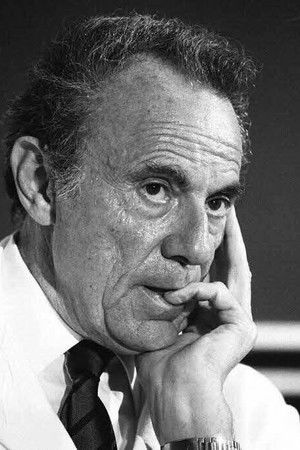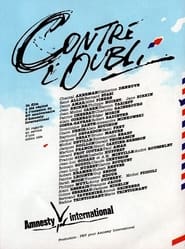
François Jacob
François Jacob (17 June 1920 – 19 April 2013) was a French biologist who, together with Jacques Monod, originated the idea that control of enzyme levels in all cells occurs through regulation of transcription. He shared the 1965 Nobel Prize in Medicine with Jacques Monod and André Lwoff. Jacob was born... the only child of Simon, a merchant, and Thérèse (Franck) Jacob, in Nancy, France. An inquisitive child, he learned to read at a young age. Albert Franck, Jacob's maternal grandfather, a four-star general, was Jacob's childhood role model. At seven he entered the Lycée Carnot, where he was schooled for the next ten years; in his autobiography, he describes his impression of it: "a cage". He was antagonized by rightist youth at the Lycée Carnot around 1934. He describes his father as a "conformist in religion", while his mother and other family members important in his childhood were secular Jews; shortly after his bar mitzvah, he became an atheist. Though interested (and talented) in physics and mathematics, Jacob was horrified at the prospect of spending two additional years in "an even more draconian regime" to prepare for higher study at the Polytechnique. Instead, after observing a surgical operation that cemented his "slight interest" in medicine, he entered medical school. During the German occupation of France—and on the heels of his mother's death—Jacob left France for Great Britain to join the war effort. Jacob, who had only completed his second year of medical studies, joined the medical company of the French 2nd Armored Division in 1940. He was injured in a German air attack in 1944 and returned to now-liberated Paris on 1 August 1944. For his wartime service, he was awarded France's WWII highest decoration for valor, the Cross of Liberation, as well as Légion d'honneur and croix de guerre. After his recovery, Jacob returned to medical school and began researching tyrothricin and learning the methods of bacteriology in the process. He completed a thesis he described as "replicating American work" on the effectiveness of the antibiotic against local infections, and became a medical doctor in 1947. Though attracted to research as a career, he was discouraged by his own perceived ignorance after attending a microbiology congress that summer. Instead, he took a position at the Cabanel Center, where he had done his thesis research; his new work entailed the manufacture of an antibiotic, tyrothricin. Later, the center was contracted to convert gunpowder factories for penicillin production (though this proved impossible). Also in this period, he met and began courting his future wife, Lise Bloch. Jacob remarried in 1999 to Geneviève Barrier. In 1961 Jacob and Monod explored the idea that the control of enzyme expression levels in cells is a result of regulation of transcription of DNA sequences. Their experiments and ideas gave impetus to the emerging field of molecular developmental biology, and of transcriptional regulation in particular. ... Source: Article "François Jacob" from Wikipedia in English, licensed under CC-BY-SA 3.0.
También conocido como:

